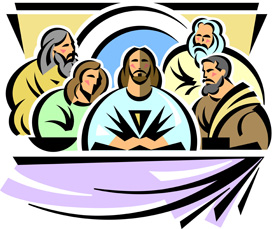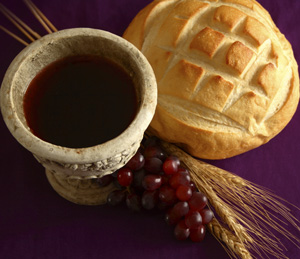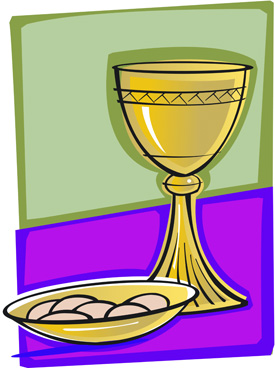By Mark Atteberry
The world has little patience for a misfit.
Show up at a swanky country club in jeans and flip-flops and you won’t be allowed to play. Let your grass grow too tall or park a junk car in your driveway and the homeowners’ association will impose a fine. Cheerfully work above and beyond your job description and your fellow employees will resent you for making them look bad.
 Let’s face it. Life is less painful if you fit in. We even drill this into our children, starting with the uniforms we force them to wear when we send them to school. When some future generation picks through the rubble of our collapsed civilization, they will no doubt wonder about our obsession with tiny polo shirts and khaki shorts.
Let’s face it. Life is less painful if you fit in. We even drill this into our children, starting with the uniforms we force them to wear when we send them to school. When some future generation picks through the rubble of our collapsed civilization, they will no doubt wonder about our obsession with tiny polo shirts and khaki shorts.
But even our most valiant efforts to avoid the misfit label are doomed to fail. The truth is, there’s something wrong with all of us. Like the pants with the wonky zipper or the shirt that’s missing a button, we’re all irregulars. If you look close enough at even the most polished person, you’ll discover something that’ll make you turn up your nose.
The apostle Paul put it succinctly: “No one is righteous—not even one. No one is truly wise; no one is seeking God. All have turned away; all have become useless” (Romans 3:10-12*).
It is no exaggeration to characterize our weekly church service as a misfit convention. We are not the Navy SEALs, we are F Troop. We are not the Harlem Globetrotters, we are the Washington Generals.
All of which makes me appreciate even more what Jesus did on the cross.
He gave his life, not for spit-polished, high-achieving, miniature versions of himself, but for a bunch of bumbling misfits who crank out more cringe-worthy moments than Hershey does candy bars. Paul was acknowledging this when he said, “When we were utterly helpless, Christ came at just the right time and died for us sinners” (Romans 5:6).
As you partake of the bread and the juice, make sure you thank Jesus for his sacrifice. It’s an amazing thing that someone would give his life, and even more amazing that he would give it for people like us.
________
*Scripture quotations are from the New Living Translation of the Bible.
Mark Atteberry is senior minister with Poinciana Christian Church, Kissimmee, Florida.



 The backstory has all the human interest we can handle. Years before, Saul had been the king and he had made the young David’s life miserable—repeatedly attempting to cut it short! Saul’s despotic life and desperate panic were all an ill-fated attempt to keep David, God’s anointed, off the throne.
The backstory has all the human interest we can handle. Years before, Saul had been the king and he had made the young David’s life miserable—repeatedly attempting to cut it short! Saul’s despotic life and desperate panic were all an ill-fated attempt to keep David, God’s anointed, off the throne.



